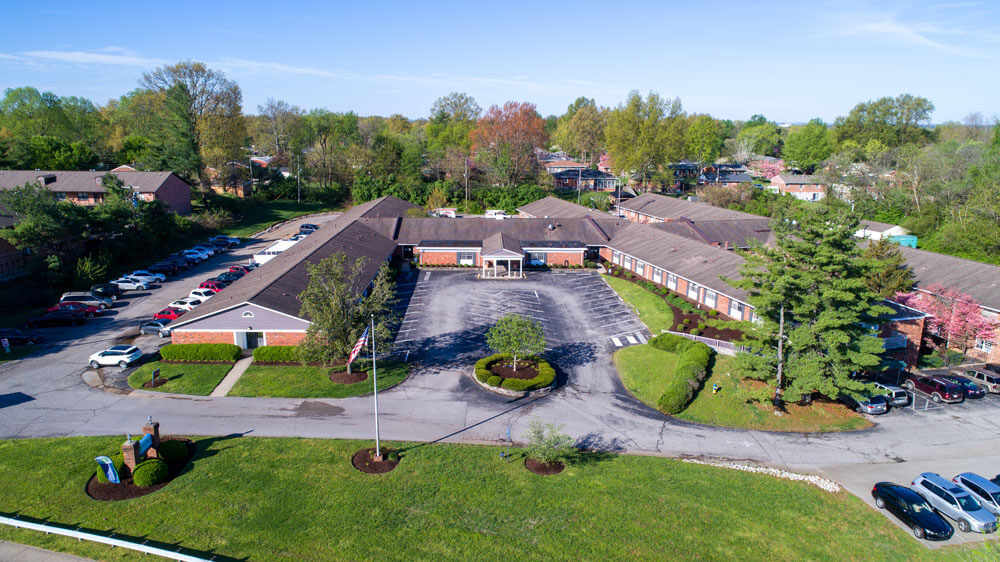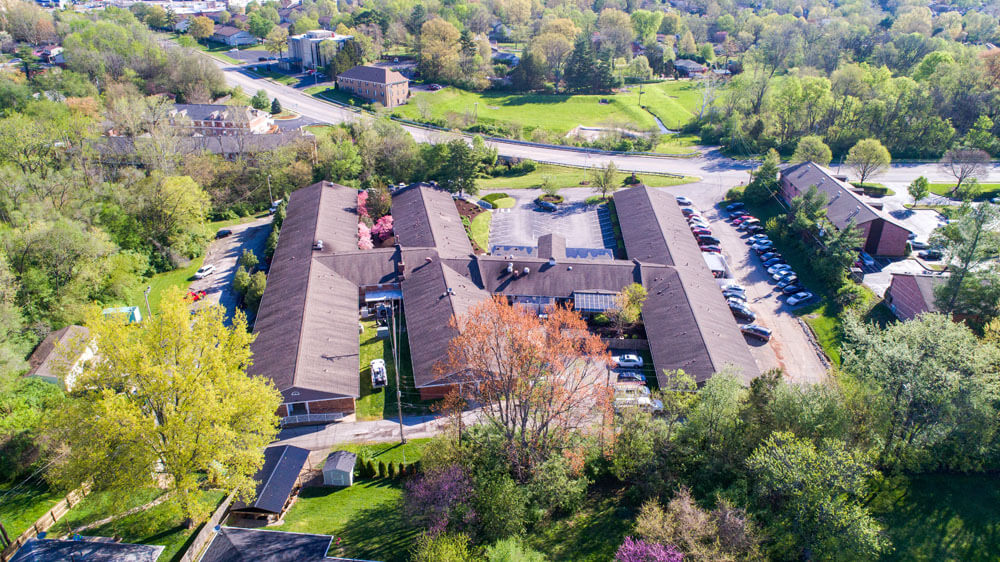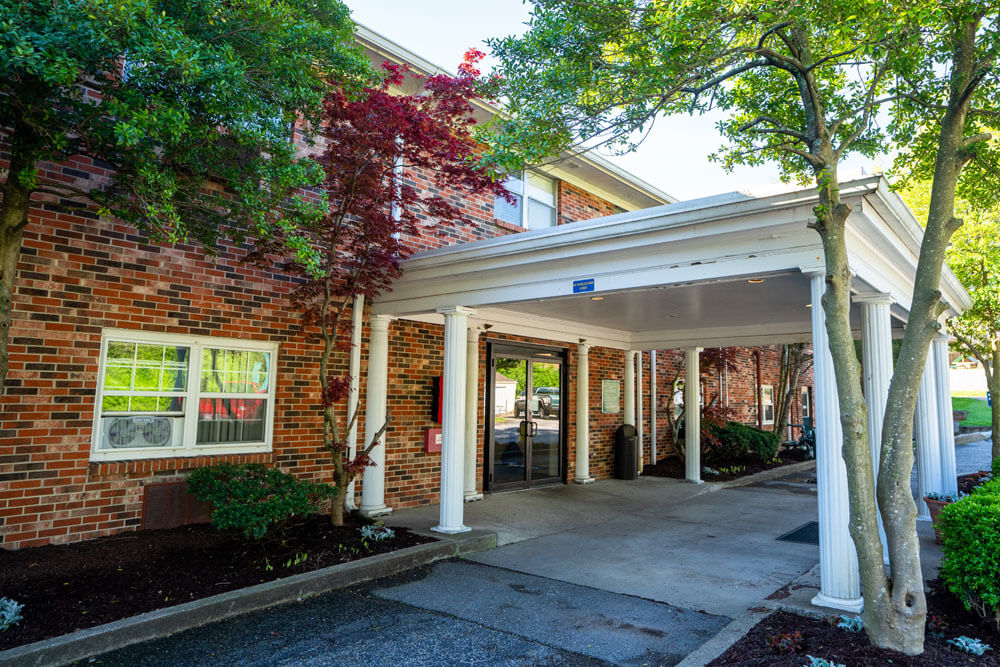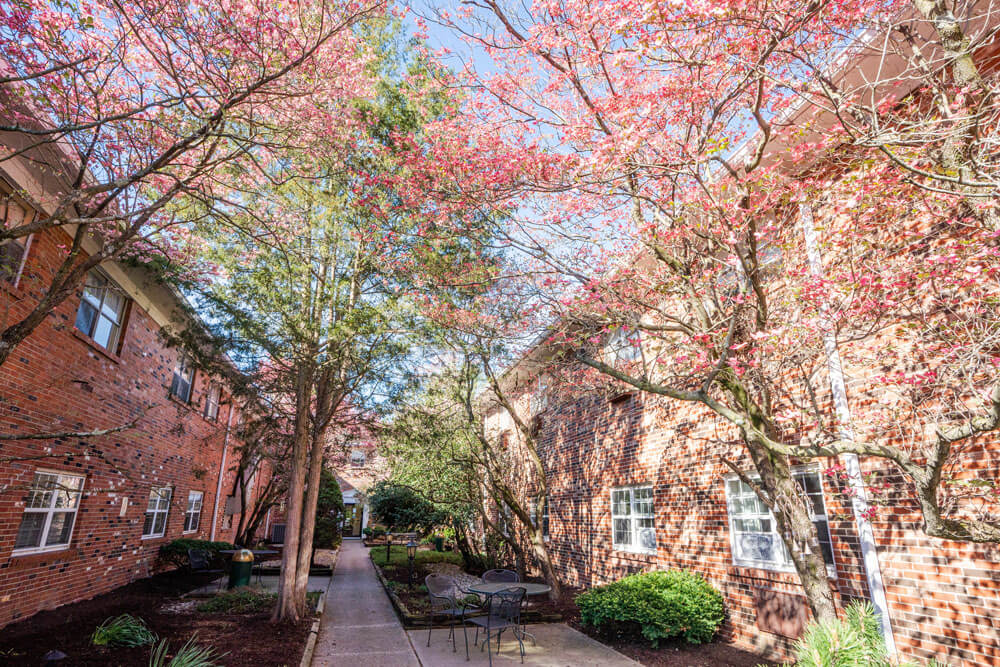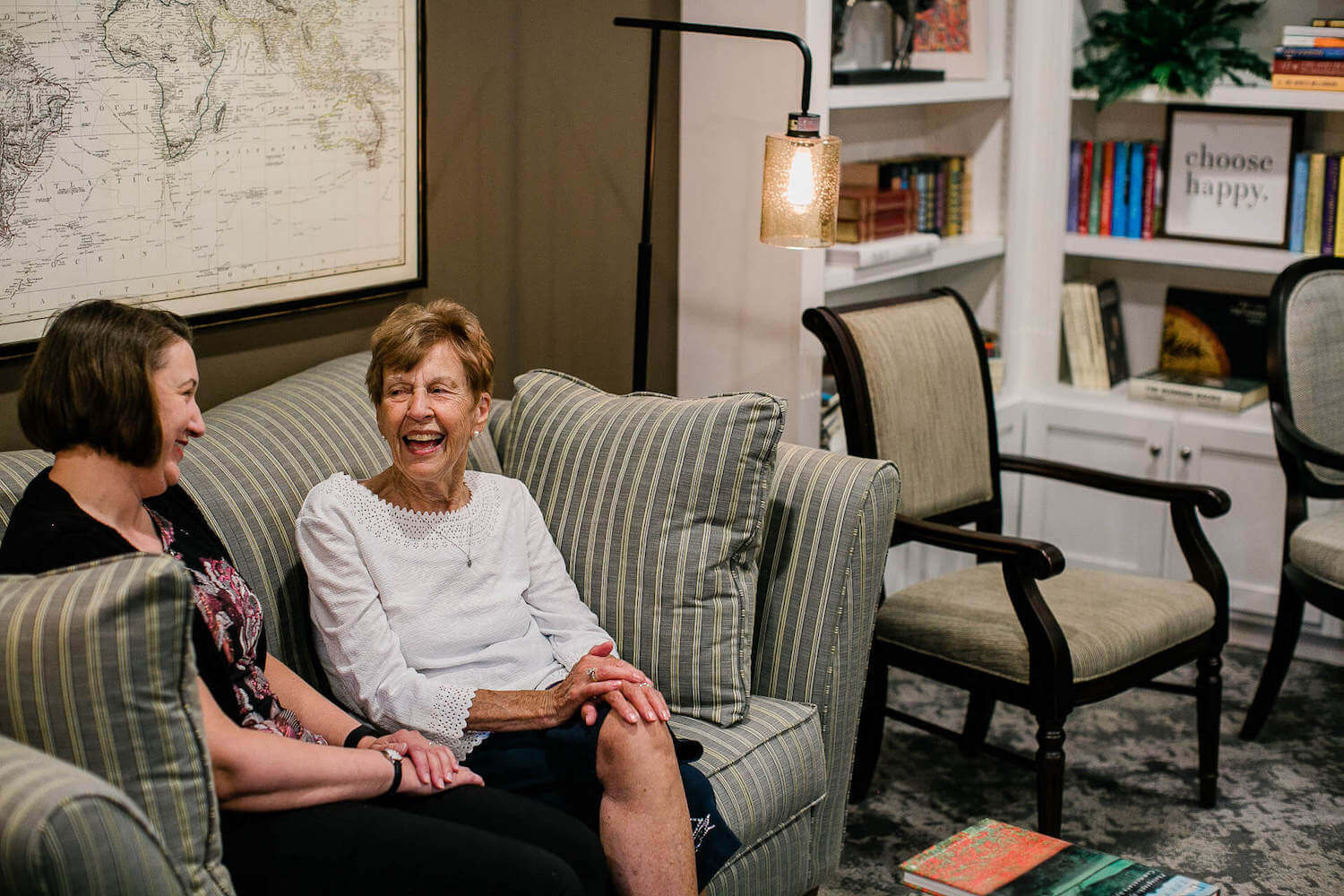
A Social Senior is a Healthier Senior
Selecting a senior living community can be a stressful and overwhelming process. Seniors need to understand all the benefits that come from being in a community of like-minded individuals with programs, activities, and environments specifically designed for older adults.
The National Wellness Institute identifies six dimensions of wellness that everyone needs to achieve a happier, healthier self:
Emotional –To thrive emotionally, individuals need a support network and engaging activities. Senior living communities provide an opportunity for residents to interact on a daily basis, allowing personal relationships to form. And don’t underestimate the value of peer-to-peer bonding. Building interpersonal connections with others who share your challenges can help reduce symptoms of depression.
Physical – Regular physical activity can lead to significant health benefits, such as the reduced risk of falling, stroke and heart disease. Wellness programs found in senior living communities may offer activities like yoga to help with balance, tai chi to improve coordination or gardening to provide strength training. Studies show that exercise does not have to be intensive to be beneficial, but indicate that moderate, daily activity is key to receiving maximum results.
Spiritual – Community life and worship is an important wellness component to many lives. Senior communities may offer non-denominational services and bible studies to provide spiritual enrichment or may provide transportation to the resident’s church, temple or synagogue.
Intellectual –Studies suggest that engaging in brain-boosting activities do more than just keep your mind sharp. Keeping your brain active every day by exploring new hobbies, playing games or working puzzles may help you live longer and possibly reduce the risk of Alzheimer’s. Senior living communities help keep cognitive skills intact by creating an environment centered on lifelong learning.
Social – Socialization can improve both quality and length of life and staying socially connected grows increasingly difficult with age. Isolation due to living alone, having a small social network or lack of participation in social activities can have a direct impact on one’s health, increasing the likelihood of chronic health problems. Community dining like those found in senior living communities not only create opportunities for socialization but also give seniors access to well-balanced meals.
Occupational – The opportunity to stay engaged in the community while utilizing your unique set of skills is a crucial step to achieving overall wellness. Many senior living communities offer volunteer opportunities for their residents based on their interests and abilities. Seniors can get involved with local charities, host support groups or mentor children.
The advantages of belonging to a senior living community are too important to ignore. Seniors who choose to live in communities designed with their interests and abilities in mind will be healthier, happier and will live longer. Combine that with the maintenance-free living, care and safety that senior residences offer and the decision to move into a community just became much easier.


